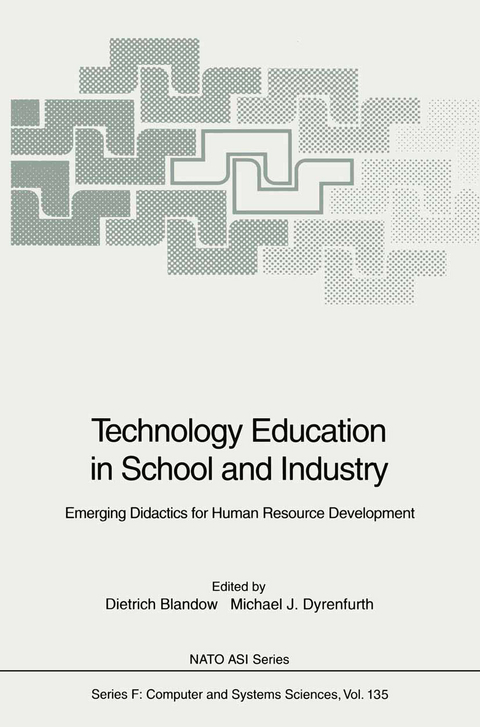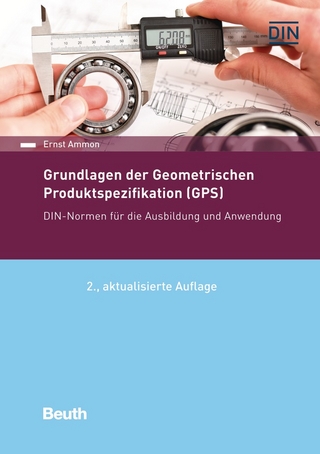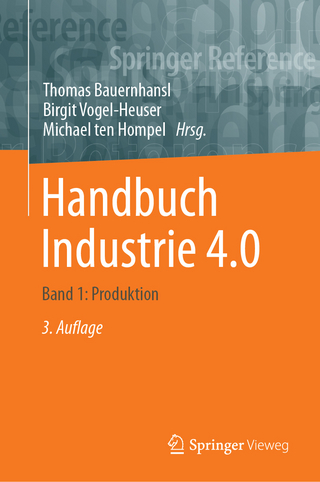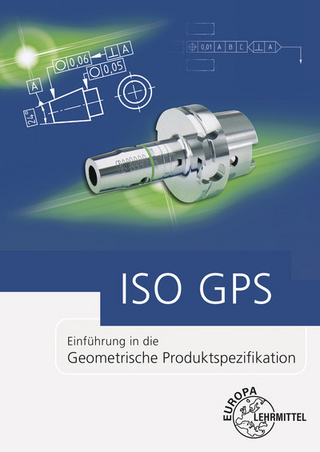
Technology Education in School and Industry
Springer Berlin (Verlag)
978-3-642-63393-5 (ISBN)
The economic and social developments in the world continually pose new questions to both the social and physical sciences, to the state and to the economy. Currently, the social, natural, and technological fields are particularly impacted by these developments. The facilitation of scientific insights and the utilization of the assembled knowledge of millions of people in their daily work has evolved key questions about the very existence and continuation of society. In a time where almost anything is technically possible, the means of advancing/facilitating (didactics) technological capabilities are being pursued with even more fervor than the actual hunt for new technological capabilities - at least by the most far-seeing nations. In comparison to natural resources, it is a nation's human resources and their combined capability that is infinite. The development of these capabilities was the impetus for this workshop. To this challenge and process, new, hitherto unknown tasks and needs have emerged to energize the dynamic even further. Currently characterizing this search are key words and concepts that include interdisciplinarity, cognitive science, complexity, personal competence, synergistic competence, human resource development, technological literacy, school-industry links (partnerships), private practice partnerships, cognitive apprenticeship, reengineering education, concurrent education, hypermedia, meta-cognition, etc.
Official Opening and Welcome.- 1. Advanced Technology and Technology Education.- Industry productivity improvement techniques for education: A reverse technology transfer?.- Learning through apprenticeship.- New didactical concepts through the application of Flexible Learning Systems.- 2. Aspects of Identifying Key Competencies.- Identifying key competencies in specific occupational sectors for incorporation into vocational training programmes.- Inclusion of students with significant learning difficulties.- Didactical concepts for developing key qualifications.- 3. Advanced Technology Self-Learning Tools.- The DNA of advanced educational technology.- "Working with projects" stimulates basal aptitudes.- Technological literacy and humanization.- 4. Didactical Concepts for Advanced Technology.- Thought, language, and technology in school industry link projects.- Technology education: The rural context factor.- Implications of cognitive science for technological problem solving.- 5. Principles of Engineering Courses and Apprenticeship Entry Requirements.- Learning in technical work systems - industrial training models.- Principles of Engineering course: school and industrial collaboration.- Creativity at work: implications for education about work.- 6. Design Methodology and Theory-Practice Links.- Interrelations between design education, design practice, design research, design knowledge.- The elements of technology for education.- Design methodological analyses as a tool for learning about technological developments in industrial settings.- 7. Advanced Technology and Integrative Situations.- The Goals of Mathematical Olympiad and Changing Society in Transition to the Market Economy.- A model for integrated mathematics, science and technology education staffdevelopment.- The role of universities in the transition to a market economy and in regional development.- Using advanced technology to enhance teaching, learning and assessment.- Final Reports of the Working Groups.- Collaboration between educational institutions and the world of work: future directions.- Characteristics of advanced educational technology.- Disciplinary, interdisciplinary and multi-dimensional perspectives.- List of Participants.
| Erscheint lt. Verlag | 5.11.2012 |
|---|---|
| Reihe/Serie | NATO ASI Subseries F: |
| Zusatzinfo | XI, 372 p. |
| Verlagsort | Berlin |
| Sprache | englisch |
| Maße | 155 x 235 mm |
| Gewicht | 593 g |
| Themenwelt | Mathematik / Informatik ► Informatik ► Datenbanken |
| Mathematik / Informatik ► Informatik ► Web / Internet | |
| Informatik ► Weitere Themen ► CAD-Programme | |
| Schlagworte | Ausbildungstechnologie • Collaborative Work • Educational technology • Gruppenarbeit • industrial training • Industrieschulung • Kooperatives Design • school-industry links • situational training • Technische Bildung • Technological Literacy |
| ISBN-10 | 3-642-63393-5 / 3642633935 |
| ISBN-13 | 978-3-642-63393-5 / 9783642633935 |
| Zustand | Neuware |
| Haben Sie eine Frage zum Produkt? |
aus dem Bereich


